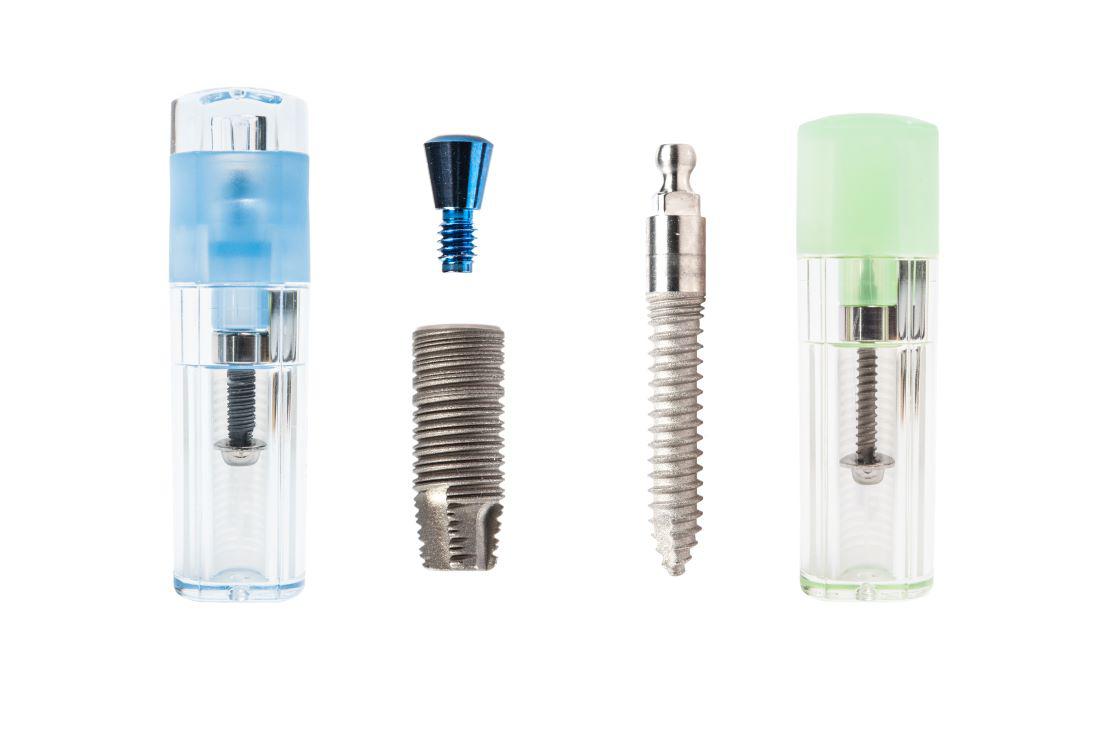Dental implants are widely recognized as the gold standard for replacing missing teeth, offering durability, natural appearance, and long-term function. They integrate with the jawbone to provide a stable foundation for crowns, bridges, or dentures. What many patients don’t realize is that there are several types of implants available, each suited to different dental needs and bone conditions. Understanding your options is the first step toward restoring your smile.
Endosteal Implants: The Most Common Choice
Endosteal implants are the most frequently used type and involve placing titanium posts directly into the jawbone. Once healed, these posts support replacement teeth that function like natural ones. This option is ideal for patients with sufficient bone density and healthy gums. Because they provide strong, long-lasting results, endosteal implants are often the first choice for eligible candidates.
Subperiosteal Implants: An Alternative for Low Bone Density
For patients who lack the bone mass necessary for endosteal implants, subperiosteal implants offer a valuable alternative. These implants rest on top of the jawbone but beneath the gum tissue, eliminating the need for bone grafting. They’re a good solution for those who want to avoid more invasive procedures while still achieving a secure fit for their restorations.
Zygomatic Implants: A Specialized Option
Zygomatic implants are designed for individuals with severe bone loss in the upper jaw. Rather than anchoring into the jawbone, these longer implants are secured in the cheekbone (zygoma), providing a stable foundation when traditional implants are not possible. Due to their complexity, zygomatic implants require advanced training and are typically recommended only in specific cases.
Mini Dental Implants: Less Invasive and Faster Healing
Mini dental implants are narrower than traditional ones and are often used to stabilize dentures, particularly in the lower jaw. Their smaller size means they can be placed using less invasive techniques and often require a shorter healing period. Mini implants are an excellent choice for patients with limited bone structure or those seeking a faster, simpler option.
Choosing the Right Implant for You
Selecting the right type of implant depends on several factors, including your oral health, bone density, number of missing teeth, and treatment goals. Your dentist or oral surgeon will conduct a thorough evaluation using digital imaging and clinical assessments to determine the best approach for your unique situation. Personalized treatment planning is key to achieving long-lasting results.
Find Your Smile Solution
Whether you’re missing one tooth or several, dental implants offer a reliable and natural-looking way to restore your smile. Our team is here to help you explore your options and create a custom plan that meets your needs. Call our office today to schedule a consultation and take the first step toward a healthier, more confident smile.


